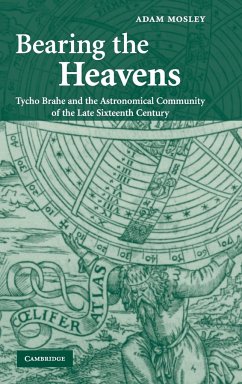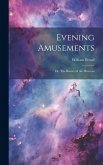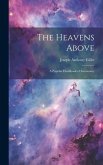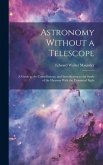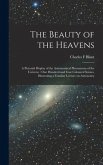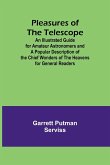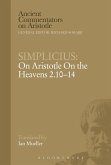A study of the astronomical culture of sixteenth-century Europe, focusing on the astronomer Tycho Brahe.
A ground-breaking study of the astronomical culture of sixteenth-century Europe. It examines, in particular, the ways in which members of the nascent international astronomical community shared information, attracted patronage and respect for their work, and conducted their disputes. Particular attention is paid to the Danish astronomer Tycho Brahe (1546(?)1;1601), known for his observatory Uraniborg on the island of Hven, his operation of a printing press, and his development of a third world-system to rival those of Ptolemy and Copernicus. Adam Mosley examines the ways in which Tycho interacted with a Europe-wide network of scholars, looking not only at how he constructed his reputation through print, but also his use of correspondence and the role that instruments played as vehicles for data and theories. The book will be of interest to historians of science, historians of the book, and historians of early modern culture in general.
Table of contents:
1. Bearing the heavens; 2. Tycho Brahe's astronomical letters; 3. Books and the heavens; 4. Instruments; 5. Concluding remarks; Appendix; Bibliography.
A ground-breaking study of the astronomical culture of sixteenth-century Europe. It examines, in particular, the ways in which members of the nascent international astronomical community shared information, attracted patronage and respect for their work, and conducted their disputes. Particular attention is paid to the Danish astronomer Tycho Brahe (1546(?)1;1601), known for his observatory Uraniborg on the island of Hven, his operation of a printing press, and his development of a third world-system to rival those of Ptolemy and Copernicus. Adam Mosley examines the ways in which Tycho interacted with a Europe-wide network of scholars, looking not only at how he constructed his reputation through print, but also his use of correspondence and the role that instruments played as vehicles for data and theories. The book will be of interest to historians of science, historians of the book, and historians of early modern culture in general.
Table of contents:
1. Bearing the heavens; 2. Tycho Brahe's astronomical letters; 3. Books and the heavens; 4. Instruments; 5. Concluding remarks; Appendix; Bibliography.

